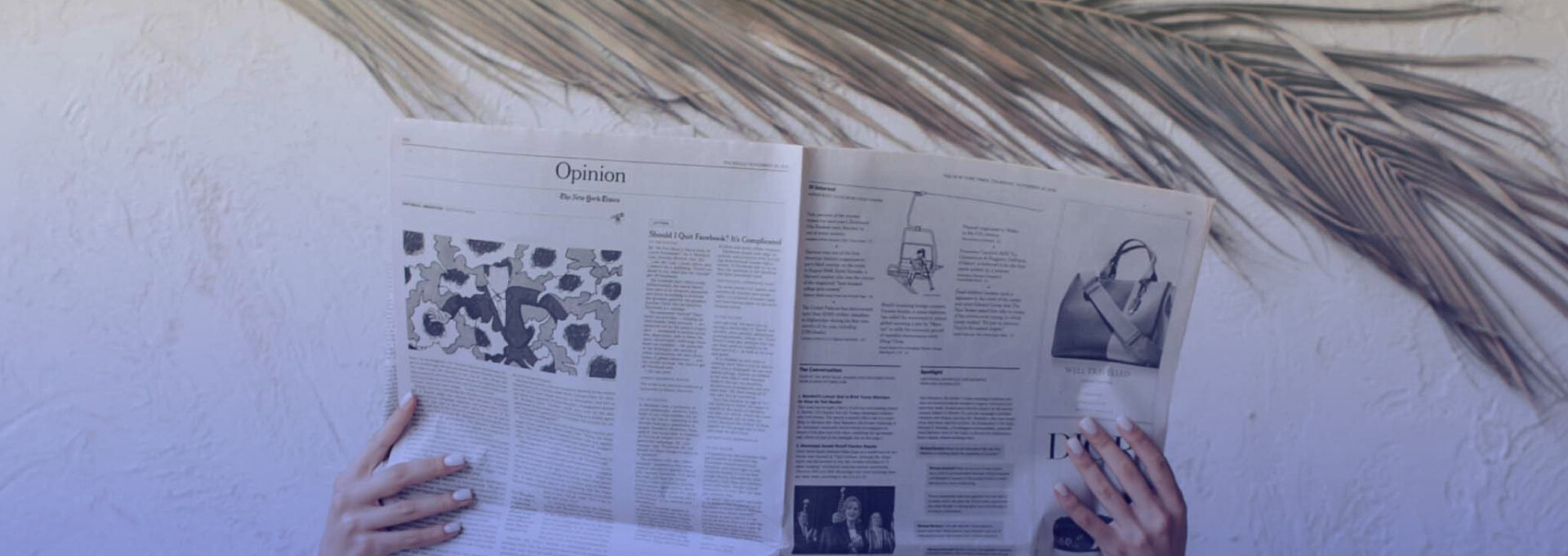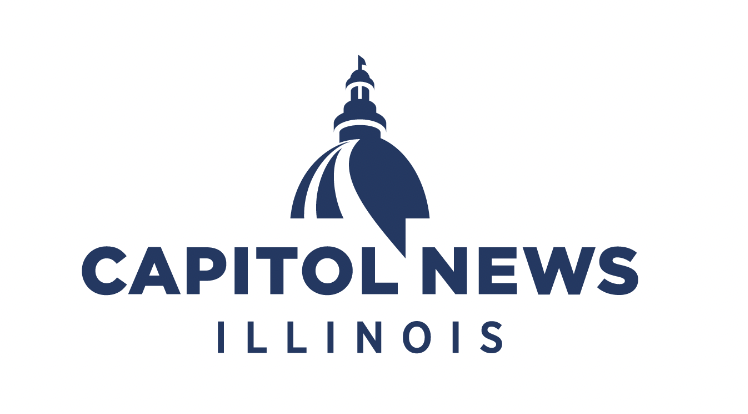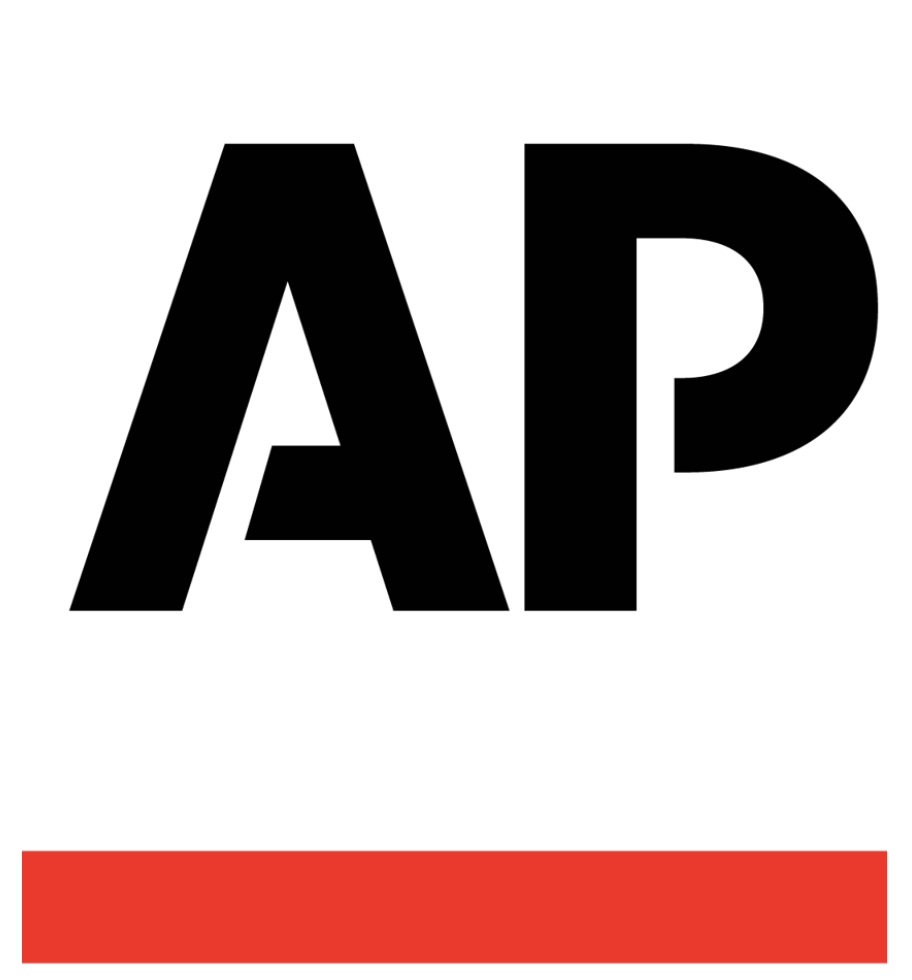
In the News
Advance Illinois serves as a resource for media outlets from across the state and beyond on policy issues in education from birth to career. Here’s our recent coverage.
Illinois Governor J.B. Pritzker’s state budget proposal for 2026 would make another historic investment into public education, but uncertainty about the future of K-12 education funding still looms.
Gov. JB Pritzker has proposed continuing funding for a program aimed at getting more minority teachers in classrooms as a conservative legal strategist challenges the programs constitutionality in federal court.
Western Illinois University faculty and staff are learning more about a new bill that has the potential to reshape how public universities in the Land of Lincoln are funded. Senate Bill 13 (SB13) and House Bill 1581 (HB1581) proposes a new funding system, the Adequate and Equitable Funding Formula.
The 21st Show’s series, “Four More Years”, featured panelists from Advance Illinois, Illinois Federation of Teachers, and University of Illinois Urbana-Champaign in discussion on what the president-elect’s proposals and ideas for education reform could mean and how they could impact Illinois schools.
Even as advocates say more needs to be done to increase the number of teachers of color in classrooms, the Minority Teachers of Illinois Scholarship program has become the target of a lawsuit claiming it discriminates against white students by limiting awards to Black, Latino, Asian American, and Native American students.
With budget forecasters predicting flat revenue growth over the next year and continued demands for increased spending in other areas of the budget such as pension costs and health care, members of the Illinois State Board of Education were told December 18 that they are now in a different fiscal environment.
To learn more about the Commission’s proposed changes, the legislative climate in Illinois, and the road to implementation, Bellwether spoke with leaders at Advance Illinois and the Partnership for College Completion.
An Illinois State Senate bill would dramatically change the way higher education is funded in the state. The bill, SB 3965, would create the Adequate and Equitable Public University Funding Act which would structure state higher education funding on a formula similar to that used to fund Illinois’ primary K-12 schools.
Legislators in Illinois have taken up the cause of getting more state funding for public higher education. Illinois State Senate Majority Leader Kimberly A. Lightford and Illinois State Representative Carol Ammons recently announced the filing of SB3965, the Adequate and Equitable Funding Formula for Public Universities Act.
Drafted to make college more accessible for Illinois students by increasing state funding to prevent tuition hikes and filling funding gaps between flagships and regional institutions, the bill would be one of the first of its kind in the nation if it ultimately passes.
State Senate Majority Leader Kimberly Lightford, D-Maywood, and state Rep. Carol Ammons, D-Urbana, held a press conference with education advocacy group Advance Illinois to discuss a bill they hope will create equitable funding making college more accessible.
Gov. J.B. Pritzker on Tuesday signed a law creating a separate Department of Early Childhood that will make it “simpler, better and fairer” for families seeking assistance and care for the state’s youngest residents.
Administrators, teachers and parents in the Chicago Public Schools system and districts throughout the region are grappling with the end of federal pandemic aid, a looming fiscal cliff because of the steep decline in the one-time funding.
Illinois is among a small minority that places virtually no rules on parents who homeschool their children: The parents aren’t required to register with any governmental agency, and no tests are required.
Explore how shifts in education laws from funding to mental health support impact schooling in Illinois, with expert insights on new policies.
The Illinois House passed a $53.1 billion budget with increases for early childhood education, K-12 public schools, and the state’s literacy plan early Wednesday morning by a vote of 65-45. The bill heads to Gov. J.B. Pritzker’s desk for final approval.
Years of cuts and a state budget impasse caused students to look for colleges and universities outside of Illinois to further their education, with many even making the unfortunate decision not to go to college at all.
Gov. Pritzker’s proposed FY25 budget includes significant investments in young learners and early childhood, but not nearly enough for the Early Childhood Access Consortium for Equity, a program to help educators get degrees and credentials.
Illinois lawmakers are debating a bill that would pay student teachers as they’re learning to teach students.
A pair of competing bills in the House would, for the first time in Illinois, offer state-funded stipends for student teachers. Supporters of the idea say it’s needed to ease some of the financial burden on teachers-in-training, which some argue is one source of the state’s teacher shortage.




















